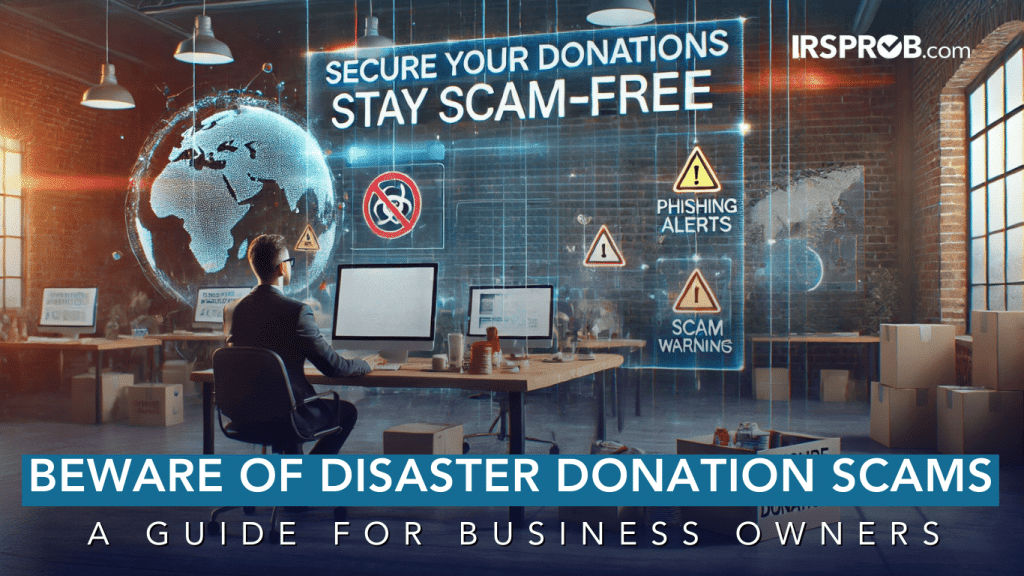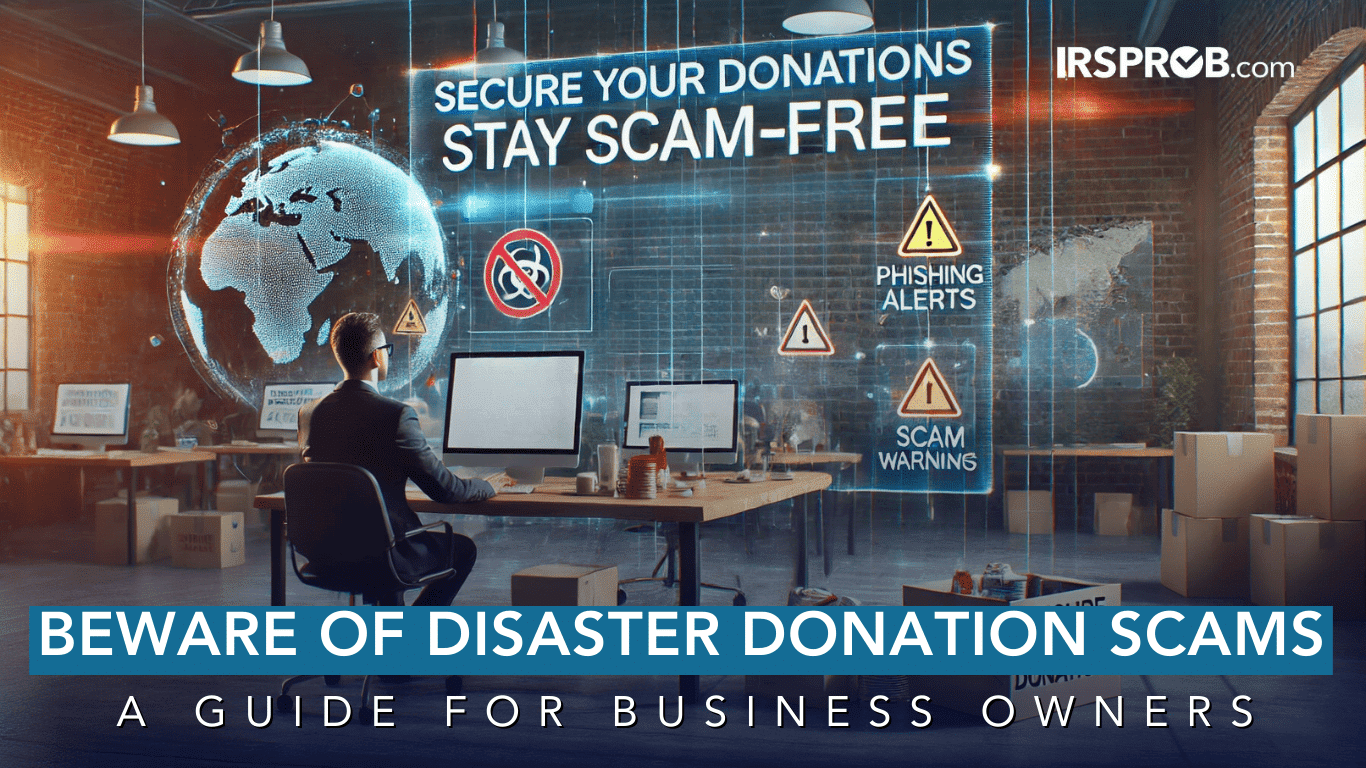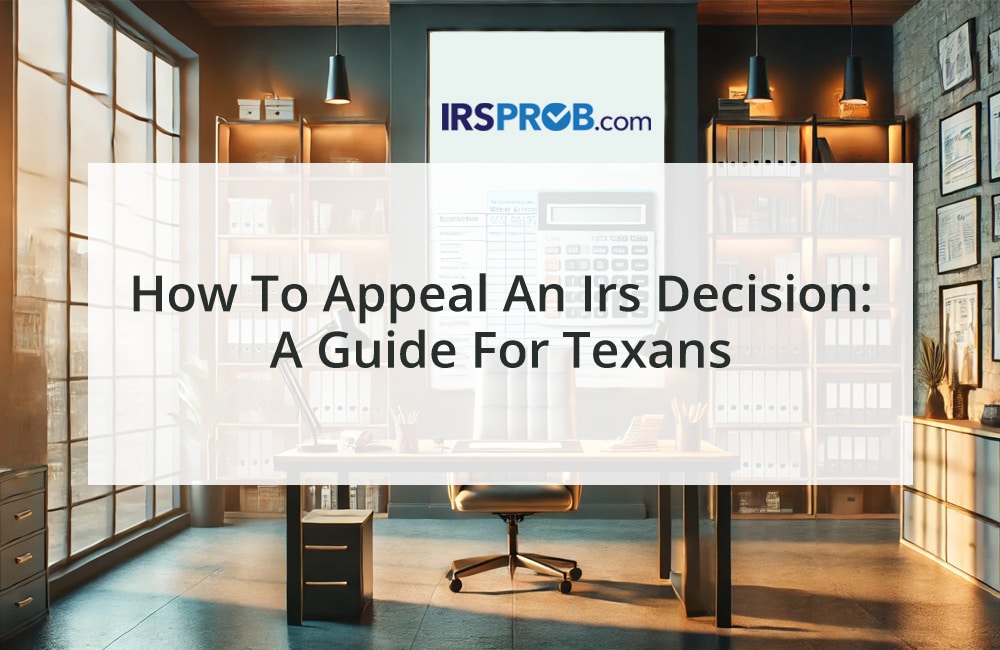
In times of disaster, fraudsters often use people’s generosity to their advantage, setting up fake charities and using deceptive practices to steal money from well-meaning individuals and businesses. As a business owner, ensuring your charitable donations go to legitimate causes not only protects you financially but also maximizes the tax benefits available for charitable giving. Here’s how to stay vigilant and protect your donations.
Recognize Red Flags When Donating
Fraudsters often go to great lengths to appear legitimate, sometimes mirroring the names of well-known charities or using tactics to make their appeals sound authentic. Here are some red flags to watch for:
- Similar but Fake Charity Names: Scammers often create names that sound similar to legitimate charities, hoping donors won’t notice. Always verify the charity’s full name, website, and mailing address.
- Deceptive Communication Channels: Fraudsters may send phishing emails, create fake websites, or even alter caller IDs to make it appear as though they’re contacting you on behalf of a real charity. It’s crucial to independently verify any organization before donating.
- Pressure Tactics: If someone pressures you to donate immediately, this is a red flag. Authentic charities welcome support at any time and will not rush you into a decision.
Use IRS Resources to Verify Charities
The IRS provides a helpful Tax Exempt Organization Search (TEOS) tool, where you can confirm the legitimacy of an organization before donating. This tool allows you to verify if an organization is a legitimate, IRS-recognized tax-exempt entity, which is critical if you plan to claim a deduction on your taxes. Donations made to organizations not recognized by the IRS will not qualify as deductible expenses, so use the TEOS tool to confirm before you give.
Safe Ways to Donate
- Choose Secure Payment Methods: The safest ways to donate are via credit card or check after verifying the charity’s authenticity. Avoid giving out gift card information or wiring money—these are common scams and provide no recourse if the funds are stolen.
- Protect Your Personal Information: Never disclose sensitive information like Social Security numbers, PINs, or credit card details, as scammers could use this information for identity theft. Stick to information that is necessary for the transaction and avoid oversharing.
- Keep Records of Donations: For both security and tax purposes, it’s essential to keep records of your donations. Documentation is required if you intend to claim a deduction, and it can serve as proof if any issues arise later.
Tax Benefits for Charitable Contributions
If your business itemizes deductions, you may be eligible to claim a tax deduction for donations made to qualified charitable organizations. Only donations to organizations that the IRS recognizes as tax-exempt will qualify, so using the TEOS tool is essential. Remember:
- Documenting Your Donation: Keep receipts or written acknowledgments from the charity. For donations over a certain amount, the IRS requires specific documentation to validate the deduction.
- In-Kind Donations: Donations of goods, such as inventory or equipment, are also eligible for deductions, provided they go to qualified organizations. Be sure to retain documentation of the fair market value of these items.
What to Do if You Suspect Fraud
If you encounter a suspicious organization, it’s important to report it to help prevent others from falling victim. The FBI offers resources on charity fraud, providing guidance on reporting these scams.
Safeguarding Your Business and Generosity
By taking steps to verify charities, using safe donation methods, and keeping meticulous records, you can protect both your business and your goodwill. Following these guidelines helps ensure that your donations go to genuine causes and that you maximize any tax benefits. During times of crisis, your generosity matters, and these precautions help it make a true impact.








